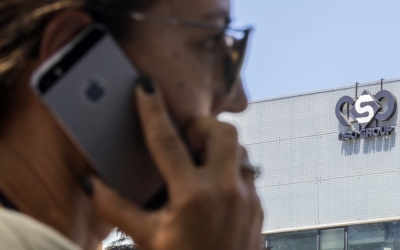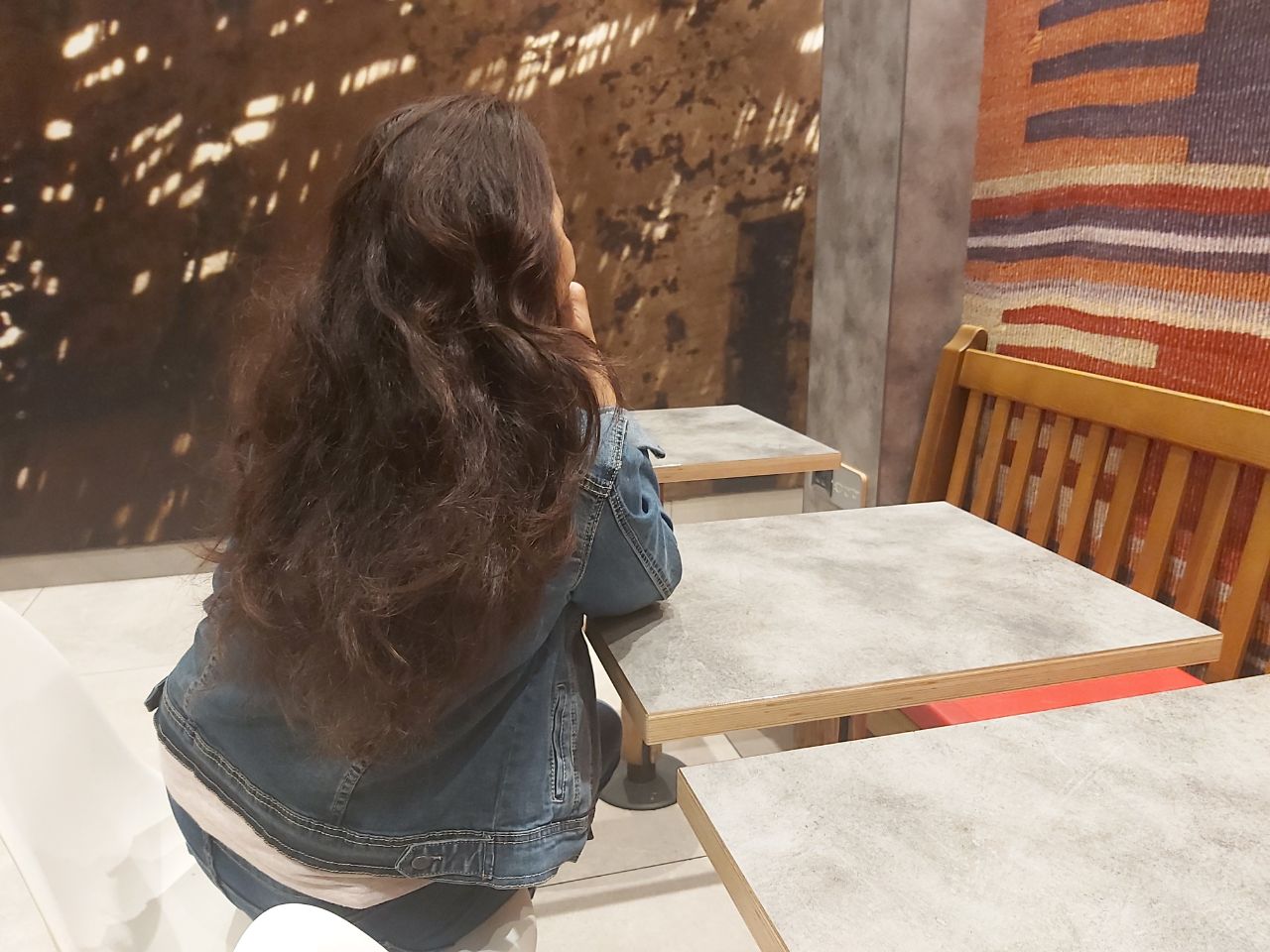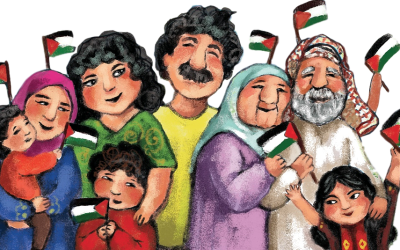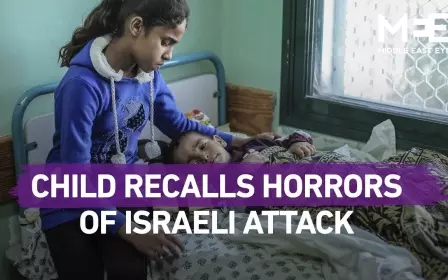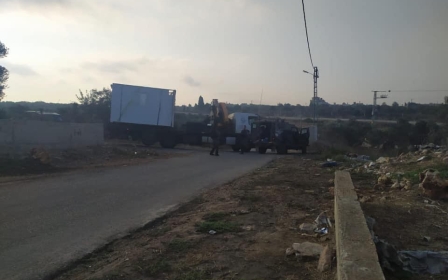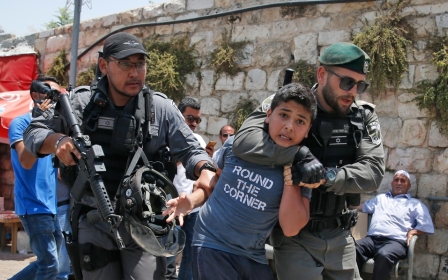Locked up: Children swept up in Israeli crackdown on migrant workers
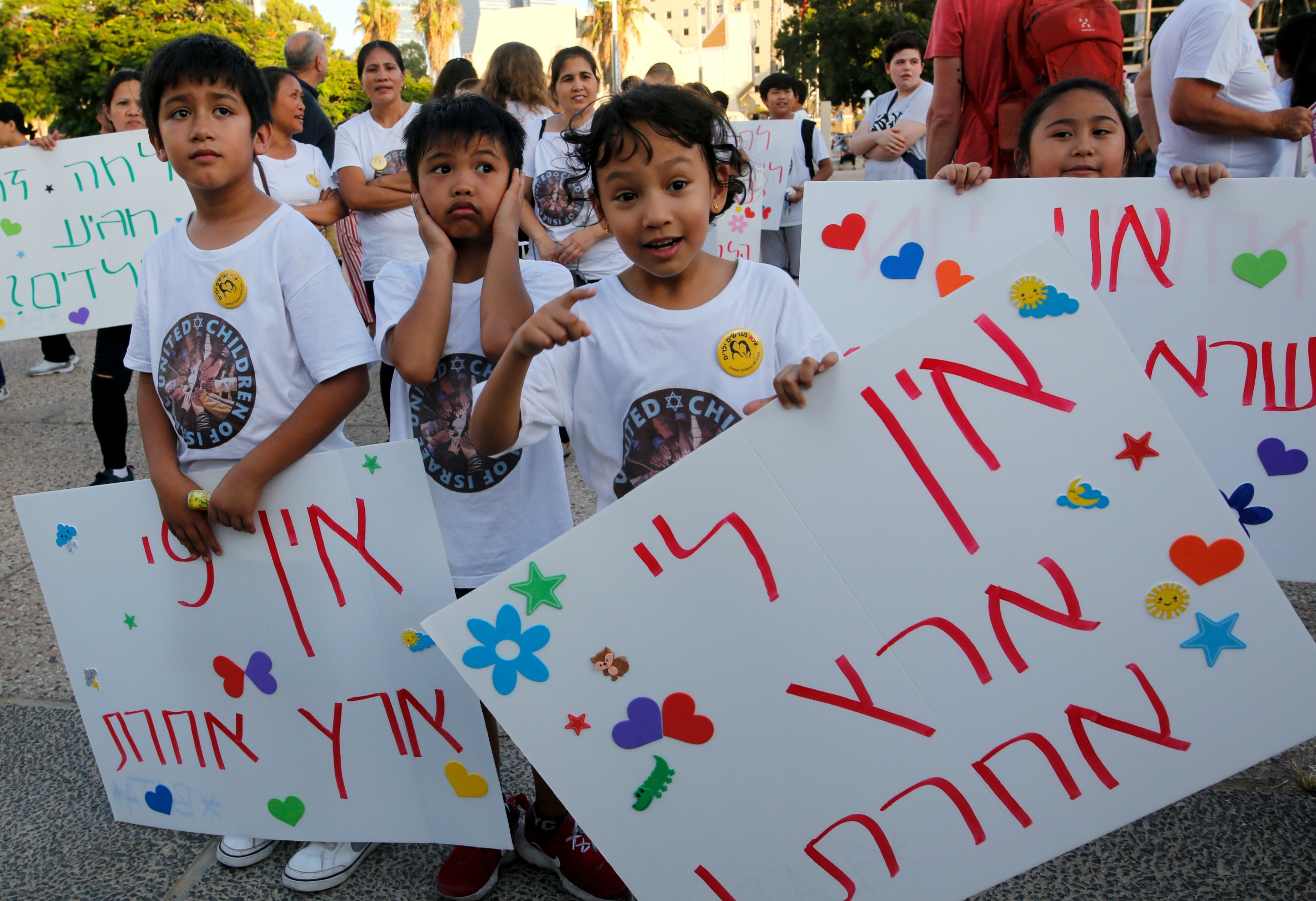
Just two weeks before the school year began, inspectors from Israel’s Population and Immigration Authority knocked on the front door of Lori’s home.
It was 6 am and Lori, 12, and her sister Rose, nine, were still asleep.
“Rose woke up and started crying,” Lori remembers of that August night. “We were scared and we woke our parents. The immigration police shouted through the door that, if necessary, they would break in. My father opened the door and Rose and I started crying. We knew what was going to happen.”
Lori and her family are among the dozens of migrant worker families, most of them Filipino, who were incarcerated last summer with the intention of deportation.
Israel accepts many foreign workers as long as they are unmarried and childless.
New MEE newsletter: Jerusalem Dispatch
Sign up to get the latest insights and analysis on Israel-Palestine, alongside Turkey Unpacked and other MEE newsletters
Their work permits are renewed almost automatically for up to six years, and in many cases, they stay even longer.
If they have children while in Israel, however, migrant workers’ permits are automatically revoked – unless they send their baby back to its country of origin within a month of the child's birth.
Routinely incarcerated
Israel’s crackdown on migrant workers’ families has seen children routinely incarcerated.
Lori and her sister found themselves imprisoned alongside their mother for 14 days.
“When they took us to Givon Prison, I was wondering why they were doing this to us. We are Israeli children just like the others,” Lori says.
“It was really sad because it was an actual prison, and we didn’t do anything bad to be locked up in jail for.”
The tedium was unbearable for the sisters.
“There’s nothing to do there. The only toys are for three-year-olds,” Lori says.
“Our female relatives and our school counsellor came to visit us, but we could not touch them because there was a glass partition and you have to talk using these things like telephones with speakers.”
Over the two weeks they were detained, the children struggled to get used to being locked in their cell every night. It was a situation that angered their mother.
“The children said, ‘Mama, we are already in prison, why do they need to lock our door, too?’” their mother recalled.
“Every hour someone came with a torch and shined it on us ... Lori said to me, ‘Mama, what if there is a fire? How will we escape?’”
Targeting women
Angela, 53, has lived in Israel for more than 20 years and works as a cleaner. The mother of a 10-year-old boy calls the immigration policy inhuman.
“When you get pregnant, they give you two options – either you have an abortion or you give birth and within a month you send the baby away to your home country,” she says.
“A month after giving birth, you are supposed to part from your baby! A lot of women do this because they are afraid to work illegally. But it’s cruel to separate that way from the baby. The bond between mother and baby is broken.”
For women who come to work in Israel when they are very young, this policy leads to an impossible situation, one that weighs far heavier on them than men.
'The law here forbids us to fall in love and get married. But it’s only human to do that'
- Angela, migrant worker
“The law here forbids us to fall in love and get married,” says Angela. “But it’s only human to do that! We sometimes work 24 hours a day, with only one day off per week. Of course, we need company and affection and passion. We are not robots.”
Mary, 46, arrived in Israel at the age of 21 and spent her 20s caring for an elderly woman. It was at work that she met her husband, who like Mary is Filipino, and they now have two children.
She, too, believes the law restricts women specifically and creates a reality in which they have no choice but to live in the country illegally.
“For 12 years now, since my older daughter was born, I’ve been running from the immigration police,” Mary says.
“If it were just me, I’d be ready to go back at a moment’s notice. But we stay here for the kids. Their lives are here, their friends, their school. They have spoken Hebrew all their lives.”
Mary and her husband’s dilemma was intensified in recent months as the immigration police became less flexible toward them.
Until August, a kind of status quo was maintained between the immigration force’s inspectors and the families of migrant workers, and children between kindergarten age and 21 were not expelled.
Now, however, children that once were safe are at threat of deportation, even though they are studying in public schools which formerly would have protected them.
“Until a few months ago, the inspectors would see school-age children and not approach us. Suddenly, in the last two months, things got very difficult. We have to hide all day, go out only at night, and not let the children go outside except to school and back,” Angela says.
Migrant workers are finding solidarity with the parents of their children’s classmates who have demonstrated against the expulsions.
Efforts are underway to raise funds and find lawyers to help secure legal residency status for the families under threat.
“At the end of the last school year, we started to try to contact the interior minister, the prime minister and Shlomo Mor-Yosef, director-general of the Population Authority,” says Tamar Ben Yishai, an activist and a member of the Balfour School parents’ association.
“These folks in government do not see us as people they should bother relating to. They say they are following the regulations and that it’s up to the courts to decide.”
In hiding
In September, the issue made headlines again after a foreign worker refused to divulge the whereabouts of her children.
“It was terrible. For an entire month, there were all kinds of attempts by the authorities to pressure the Filipino community in Tel Aviv to put pressure on the children’s mother,” says Ben Yishai.
“The children hid with foster families who made sure they got to and from school. The Bialik Rogozin School was really like their home. The only thing they asked when the foster families came to get them was whether they could go to school the next day. Finally, we got their mother out on bail.”
Earlier this month, an eight-year-old Nigerian boy named Favor was arrested and detained in Givon Prison alongside his parents.
'The worst thing about this whole story is the incarceration of children'
- Tamar Ben Yishai, activist
After pressure from Ben Yishai and her partners, he was released last week.
“The worst thing about this whole story is the incarceration of children,” says Ben Yishai. “We are not trying to change Israel’s immigration policy, just trying to get a government decision allowing these children to stay here.”
“As a mother, I cannot help but identify and I have to be there for these other mothers,” she adds.
According to Ben Yishai, this policy is not free of outside interests.
“There is a revolving door here and someone has a stake in keeping it that way. On the day Lori and Rose were arrested, about 1,000 more new foreign workers from the Philippines were admitted to the country.”
Since the beginning of last summer, 12 children have been detained along with their families. Thanks to the legal representation arranged by parents’ associations, each of them has been released and given a court date to hear their case.
Lori and her family’s court date is in January.
“I hope that they allow us to stay in the country,” says Lori. “I really want to serve in the army and live here with my family when I grow up. I love Israel.”
This article is available in French on Middle East Eye French edition.
Middle East Eye delivers independent and unrivalled coverage and analysis of the Middle East, North Africa and beyond. To learn more about republishing this content and the associated fees, please fill out this form. More about MEE can be found here.


